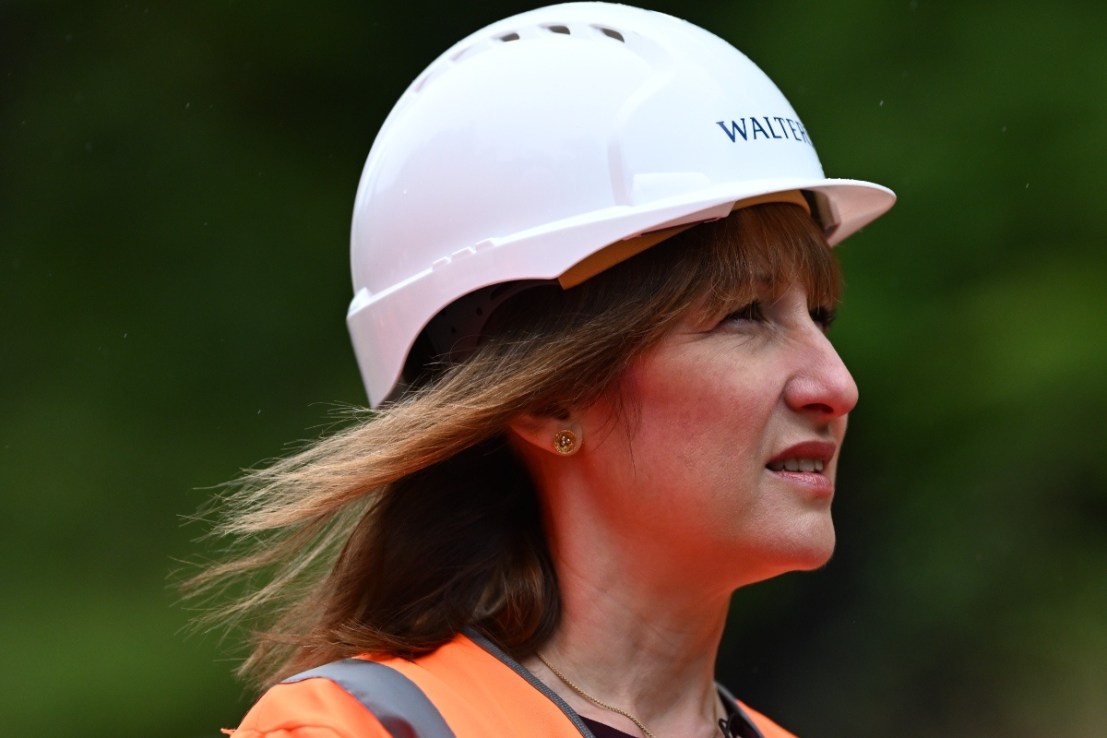
Rachel Reeves is looking to take the axe to environmental protections blocking infrastructure projects in a bid to boost Labour’s building pledges.
The Chancellor is considering reforms to prevent nature concerns from inhibiting new developments as she desperately looks to supercharge her growth agenda.
Labour’s Planning and Infrastructure bill is in the committee stage at the House of Lords but the Treasury is reportedly already gearing up for another bill to rip up parts of European environmental rules.
Reeves has tasked officials with looking at more contentious reforms, according to The Times, following frustrations that the interests of “bats and newts” were stifling infrastructure ambitions.
The Chancellor is considering allowing only one opportunity to bring any challenge whilst some MPs and peers have encouraged her to go further by using parliamentary acts to prevent legal challenges to specific named projects.
In a hearing at the House of Lord’s economic affairs committee last month, Reeves reiterated ambitions to speed up the government’s planning bill. She told peers: “I care more about the young family getting on the housing ladder than I do about protecting some snails”.
Reeves to spark more internal backlash
Moves from the Treasury to tear down environmental protections would likely spark further backlash from rebel Labour MPs.
The government has already faced fierce backlash from its own side of the chamber over its position on the winter fuel payment, two-child benefit cap and proposed welfare reforms.
Still, Prime Minister Sir Keir Starmer has shared the Chancellor’s frustration regarding delayed projects. Starmer pledged at the start of the year to override “the whims of nimbys” through curbing legal challenges against major projects.
Whilst no decisions have being made regarding a new bill, those inside the Treasury believe there is a growing need to go further, according to The Times.
The Labour planning bill making its way through Parliament aims to encourage fresh development through a “nature restoration fund” where developers will be granted permission to push ahead with projects by setting up scheme elsewhere to offset their environmental impact.







